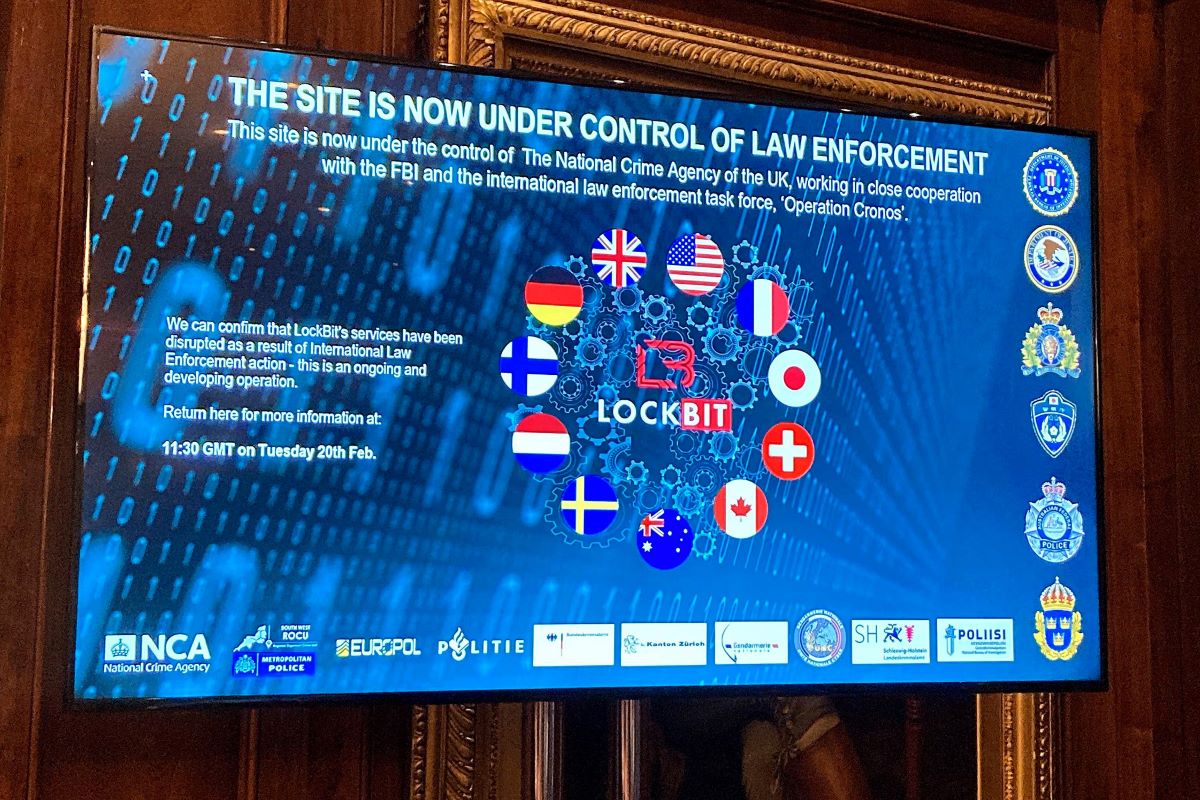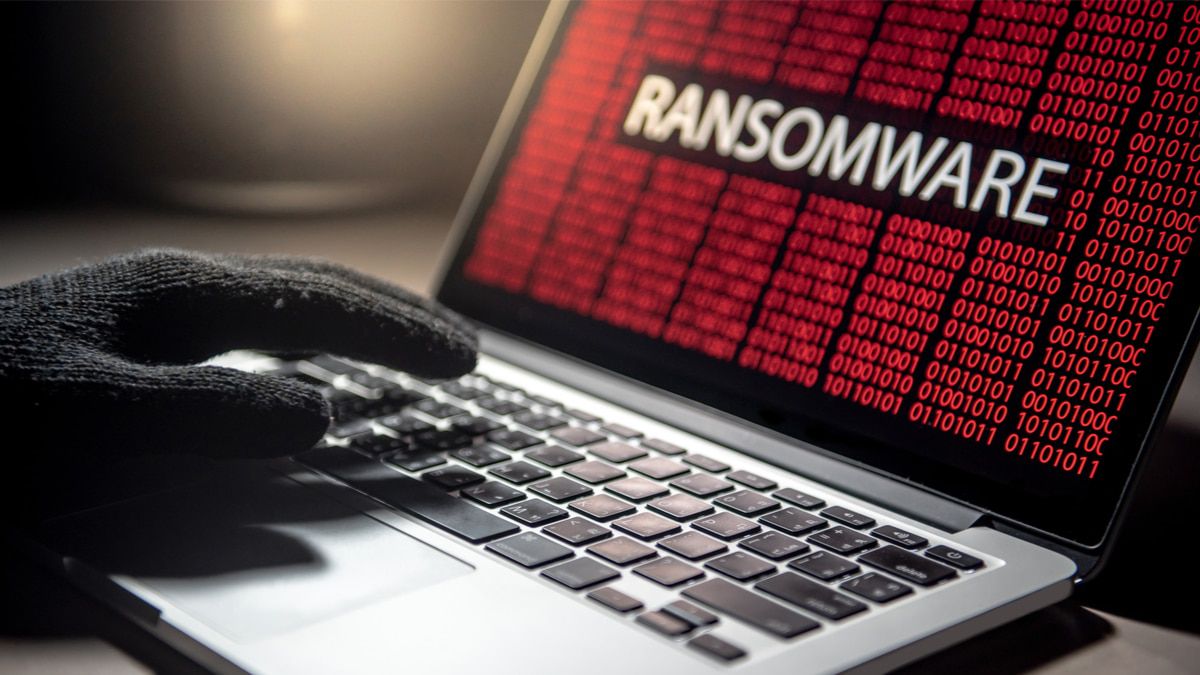In a recent move to combat ransomware attacks, the U.S. government imposed sanctions against Russian national Mikhail Matveev, an alleged “prolific ransomware affiliate” involved in cyberattacks targeting the United States and overseas. The sanctions specifically targeted Matveev for his involvement in the development and deployment of Hive, LockBit, and Babuk ransomware variants, as well as his alleged ties to the Conti hacking group. The move comes as ransomware attacks continue to surge and increasingly target vulnerable public sector organizations.
Key Takeaway
Government sanctions against ransomware groups are an important tool in the fight against cybercrime. While they may not be perfect, sanctions make it harder for criminal organizations to profit from their activities. However, challenges such as the presence of ransomware actors in countries that turn a blind eye to their operations and the potential for unintended consequences need to be addressed.
The Role of Sanctions
Sanctions issued by the U.S. Treasury’s Office of Foreign Assets Control play a crucial role in disrupting ransomware groups’ financial networks. By making it illegal for U.S. businesses or individuals to transact with a sanctioned entity like Matveev, the aim is to prevent American victims from paying ransom demands. While ransomware groups constantly evolve to avoid sanctions, these measures still make it less profitable for them to operate.
The Challenges of Sanctions
One significant challenge in using sanctions against ransomware groups is the presence of these actors in countries like Russia, where authorities turn a blind eye to their activities. Critics argue that sanctions alone are not enough to deter these hackers who operate freely. Yet, despite these challenges, sanctions play a role in making it harder for criminal organizations to profit from their illicit activities.
There is also concern that sanctions might inadvertently drive the wrong behavior. Making it illegal to make ransomware payments to sanctioned individuals or countries, even if victims are unaware of the sanctions, could lead organizations to conceal incidents and payments, avoiding reporting to the authorities. Violating sanctions can result in hefty fines and criminal prosecution, which should discourage victims from paying, effectively diverting funds away from the sanctioned entities.
The Effectiveness of Sanctions
While it may appear that sanctions are not making a significant impact, they are undoubtedly a step in the right direction. Allan Liska, a threat intelligence analyst, noted that although tracked ransomware payments have reached all-time highs, this is also a reflection of the growing size of the ransomware ecosystem. Greater international collaboration is needed to tackle the global ransomware threat effectively.
In conclusion, government sanctions against ransomware groups serve as an important tool in the fight against cybercrime. While not a foolproof solution, sanctions make it harder for criminals to profit from their actions. Addressing the challenges associated with sanctions, such as cooperation from nations harboring ransomware actors and unintended consequences, will further enhance their effectiveness.

























